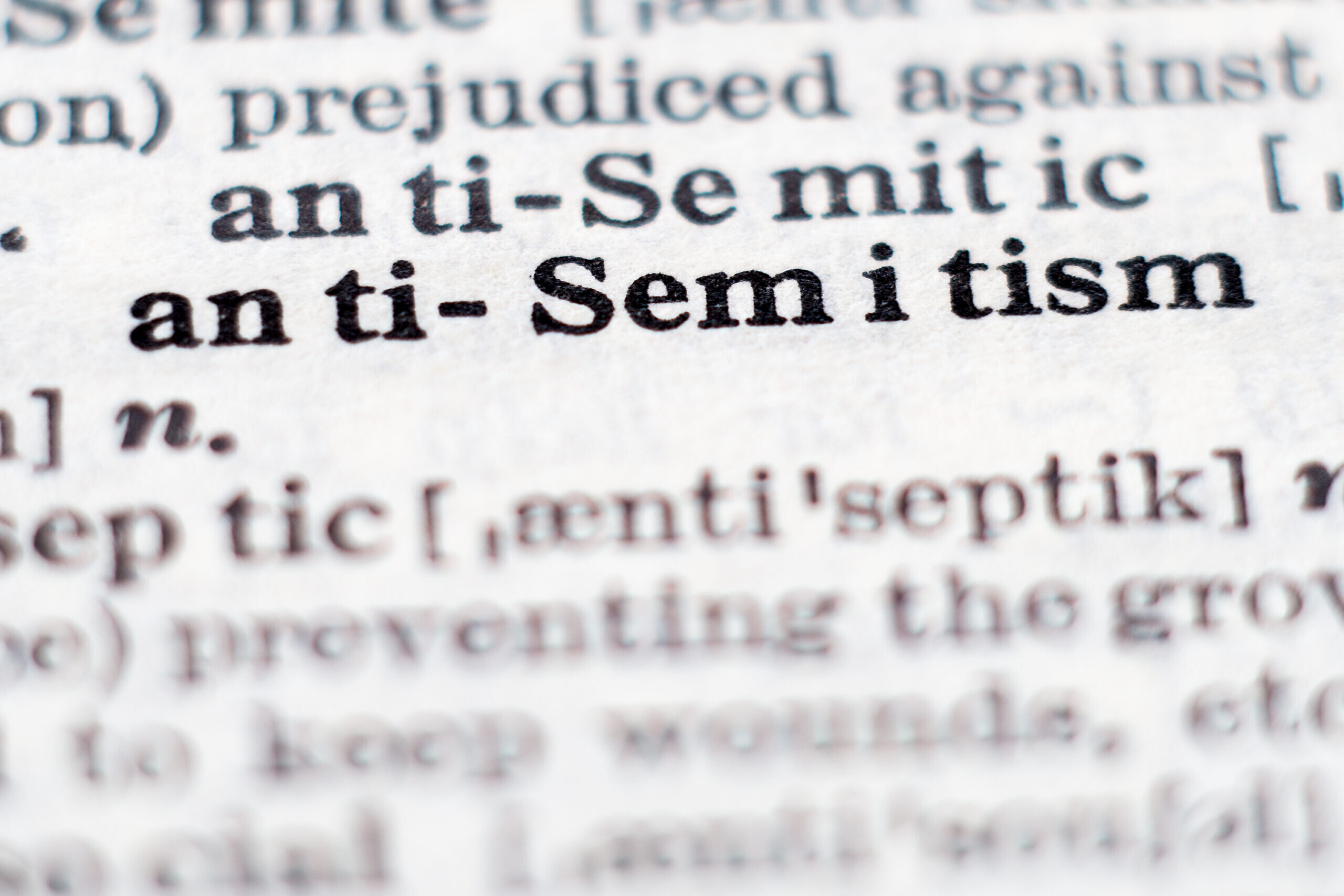Venting Hard Feelings
The debate over defining antisemitism is far from over.
Dave Schechter is a veteran journalist whose career includes writing and producing reports from Israel and elsewhere in the Middle East.
Four months after a bill to define antisemitism was kicked to the curb by the Georgia Senate, a mix of rebuttal, resentment, and recrimination is being vented.
Republican Sen. Ed Setzler makes no bones about actions he felt were necessary to derail legislation that he labels as “outrageously broad” and “dangerously vague.”
Jewish Democratic Rep. Esther Panitch, meanwhile, insists that House Bill 30 was mischaracterized, misunderstood, and mistreated in the Senate.
The goal was to place into Georgia’s legal code a reference to the “working definition” of antisemitism created in 2016 by the International Holocaust Remembrance Alliance. An estimated 1,100-plus bodies worldwide — including more than two dozen U.S. states — have, in varying ways, adopted or endorsed the definition.
Claiming support from 90 percent of the Jewish community, proponents touted the legislation as a tool to help prosecutors and state agencies determine whether a crime or discriminatory act was motivated by hatred of Jews.
Opponents shared Jewish intramural arguments about defining antisemitism, and legislators heard concerns — rejected by the bill’s backers — that the measure could be used to curb free speech, particularly concerning Israel.
A few weeks ago, after Marietta Daily Journal columnist Dick Yarbrough fingered Setzler for the legislation’s failure, the latter fired back in an op-ed.
“Just because a bill sails through one chamber of the legislature by a vote of 136-22 does not mean that the bill has been adequately vetted and is ready for prime time,” Setzler wrote. “This is especially true of emotionally sensitive bills like antisemitism which, by its very nature, is very difficult to criticize in public or make changes to in the face of highly energized advocates who care deeply about an issue but are sometimes ill-informed of important legal details.”
A ticked off Panitch posted a 30-entry response on Twitter. Setzler, she began, “casts advocates and authors of HB 30 as dodgy, intentionally ignorant, and bad faith actors.”
The Acworth Republican, she continued, “claims that the [Senate] Judiciary committee modified HB 30 to make it a sound legal definition. That is an outright and frankly disgusting lie. They did not change any legal language. In an act of utmost audacious pomposity (chutzpah) what Setzler did was amend the IHRA definition itself.”
 The IHRA definition reads: “Antisemitism is a certain perception of Jews, which may be expressed as hatred toward Jews. Rhetorical and physical manifestations of antisemitism are directed toward Jewish or non-Jewish individuals and/or their property, toward Jewish community institutions and religious facilities.”
The IHRA definition reads: “Antisemitism is a certain perception of Jews, which may be expressed as hatred toward Jews. Rhetorical and physical manifestations of antisemitism are directed toward Jewish or non-Jewish individuals and/or their property, toward Jewish community institutions and religious facilities.”
The strategy of incorporating a reference in HB 30, rather than the definition itself, was intended to prevent tinkering with its language — which is what happened.
In the Judiciary Committee, Setzler amended the bill to include the definition itself and replace “certain” with “negative.”
Speaking recently to the AJT, Setzler said: “The IHRA definition doesn’t require hate or violent action, all it requires is a ‘certain perception’ of Jews. ‘Certain perception,’ is that a fair standard?”
Jewish groups point out that antisemitism can be rooted in such “positive” perceptions of Jews as powerful, controlling the finance system, news media, and entertainment industry.
Rather than accept those changes, HB 30’s sponsors requested that their bill be withdrawn.
But like Monty Python’s parrot, the bill was not dead, but merely sleeping. On another day, in a different committee, a version of the bill advanced — but it never received a Senate floor vote. (The legislative clock ran out on a similar effort in 2022).
Panitch concluded her Twitter thread: “It takes a special person to vote to make a community less safe, then gaslight them about what and why he did it. Shame on Sen. Setzler b/c the Jewish community deserves better.”
The Fulton County Democrat told the AJT that she remains “perplexed as to why Setzler took it upon himself to redefine an experience he has never had and can never have, for millions who have suffered from antisemitism, as if he individually knows better.”
Setzler also found himself in hot water with the The Temple.
In his op-ed, Setzler wrote that: “I have had the pleasure of discussing the antisemitism issue in a 75-minute town hall meeting with a rabbi and members of the oldest Jewish synagogue in Atlanta, . . .”
Rabbi Peter Berg, senior rabbi of The Temple, responded in the Marietta newspaper, saying that Setzler “mischaracterizes the conversation that took place with one of our rabbis. To be clear, The Temple wholeheartedly supports HB30 including the use of the International Holocaust Remembrance Alliance (IHRA) definition of antisemitism (Jew Hatred) as written. Hard stop. It is essential that we pass HB30 as written.”
Setzler told the AJT that he did not mean to suggest that The Temple supported his position, adding that HB 30 was only one topic in the online session.
In our summer swelter, nothing suggests that the vapors resulting from the antisemitism debate will dissipate before the General Assembly reconvenes in January and efforts to pass the legislation are renewed.




comments